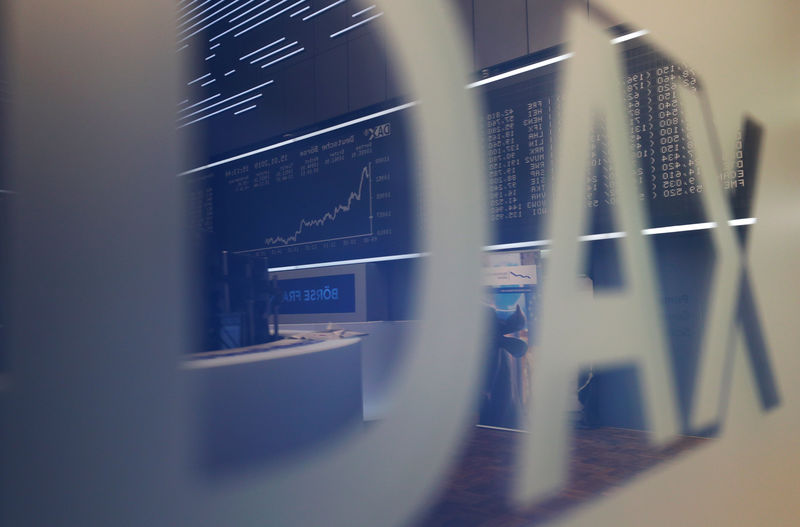By Dhara Ranasinghe
LONDON (Reuters) - Germany's 10-year bond yield fell to new record lows deep in negative territory on Wednesday as a bigger-than-expected interest rate cut in New Zealand and weak German data gave further impetus to a relentless rally in bond markets.
While some calm has returned to world markets after a ratcheting up in U.S.-China trade tensions in the past week, fixed income markets continue to benefit from the expectation that a bitter trade war raises global recession risks and strengthens the case for monetary policy easing.
New Zealand's central bank stunned markets by cutting its official cash rate by a bigger-than-expected 50 basis points, and looked set to keep policy lower for longer in the face of growing economic risks.
"While New Zealand rarely registers on the radar for European bond markets, the big rate cut at the moment adds to the feeling that central banks need to get ahead of the curve in acting aggressively and not letting their currencies rise," said Christoph Rieger, head of rates at Commerzbank (DE:CBKG).
In addition, data from euro zone powerhouse economy Germany showed industrial output fell by 1.5% in June from a month earlier, compared with a consensus forecast for a 0.4% fall.
Against this backdrop, bond yields across the euro area headed lower in early trade.
Germany's benchmark 10-year bond yield fell to a record low of minus 0.56% (DE10YT=RR), taking its falls so far this year to a hefty 80 basis points. At this stage, it is on track for its biggest annual fall since 2014.
The Dutch 10-year bond yield also hit a new all-time low, at minus 0.44% (NL10YT=RR), while other 10-year bond yields in the bloc were 2-4 bps lower on the day.
Analysts said the weak German industrial production data raised the risk that German economy most probably shrank in the second quarter.
"All in all, we would characterise today's industrial production report as devastating, with no silver lining," said Carsten Brzeski, chief economist at ING Germany.
Germany is scheduled to sell four billion euros of five-year bonds later this session in what analysts say could be a test of investor demand at the new record negative yields.
Last week's vow by U.S. President Donald Trump to impose a 10% tariff on $300 billion (£246 billion) of Chinese imports from Sept. 1, sharply escalating a bruising trade war, pushed German 30-year bond yields and the whole curve below 0% for the first time.

(For a graphic on 'Germany's bond yield curve', click https://tmsnrt.rs/2YvAiL0)